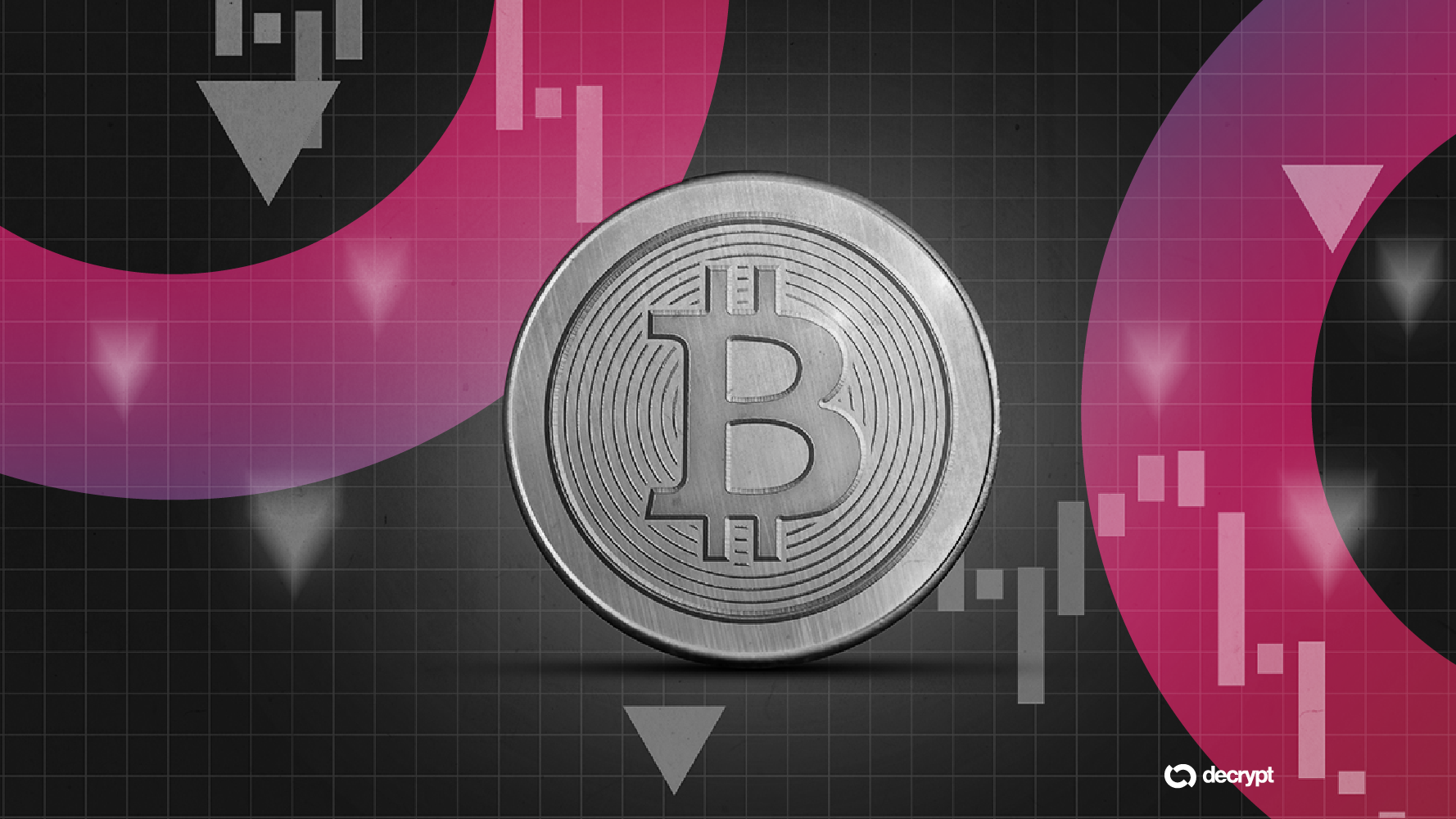The Free Republic of Verdis, an unrecognised micronation that bears more than a passing resemblance to Justin Sun-led Liberland, is now officially accepting cryptocurrencies, including SOL and USDC, as a means to gain citizenship.
Founded in 2019 by then-14-year-old Daniel Jackson, Verdis occupies a 125-acre stretch of land between Croatia and Serbia.
Originally “home” to just four people, today it claims to have over 400 official citizens and is hoping to grow its population through its two-tier e-Residency program.
The country offers a €25 ($29) per year “e-Resident Basic” package and a €50 ($58) per year “e-Resident Plus” option, both of which can be paid for with SOL, USDC, or VERDIS.
Anybody wishing to become a permanent fully-paid-up Verdis citizen is required to take the more expensive of the two.
Not only that, they must also meet a set of criteria, specifically:
- They must have proof of at least two Verdisian citizens willing to vouch for them in their application or complete a DBS check in the country they reside in.
- They need to have been active in the Verdis forums throughout the year.
- They must have been an e-Resident for at least 11 months.
- They are required to be willing to relocate to Verdis in the future.
Finally, applicants are made to pay a “one-time processing fee of €300” and even then, they can be rejected with no refund provided.
According to the official Verdis website, crypto investments in the country will also guarantee citizenship. Investors will also be given “Verdisian land through a land fund,” the “ability to operate global business from Verdis,” and “preferential treatment” when distributing land ownership.
Read more: The jailed $6B bitcoin fraudster who wanted to be Liberland’s queen
Verdis shares a lot with Justin Sun’s Liberland
Jackson, like Liberland’s founders, claims that Verdis is “terra nullius” (land belonging to no one), due to a border dispute between Croatia and Serbia that has left the land unclaimed.
Authorities from the two nations have frequently disrupted Liberland’s plans, and appear to be intent on doing the same to Verdis. Indeed, in 2023, Croatian police arrested several self-proclaimed “Verdisians” before deporting them from Croatia.
Verdis called this act an “invasion” that “violated international law” and claims to be preparing a legal response.
Like Liberland, getting to Verdis comes with its own set of problems. At certain times, it can only be accessed by boat, and visitors are also warned to avoid traveling from Croatia on foot “due to potential landmines in the area from the Croatian War of Independence.”
Verdis is also branching out into crypto, albeit not to the same scale as Liberland, which has elected multibillionaire Chinese crypto founder Justin Sun as its prime minister five times in a row.
Read more: The jailed $6B bitcoin fraudster who wanted to be Liberland’s queen
Liberland also has two tokens that are used in governance decisions and within its ecosystem, and it boasts a blockchain that claims to have a “proof-of-citizenship consensus.”
According to Jackson, the VERDIS token isn’t officially affiliated with the nation, and it appears to have just been used to fundraise money for the micronation.
Protos has reached out to Verdis for more details on how it intends to integrate crypto and will update this piece should we hear anything back.
Got a tip? Send us an email securely via Protos Leaks. For more informed news, follow us on X, Bluesky, and Google News, or subscribe to our YouTube channel.
Source: https://protos.com/another-liberland-verdis-lets-crypto-users-purchase-citizenship/


